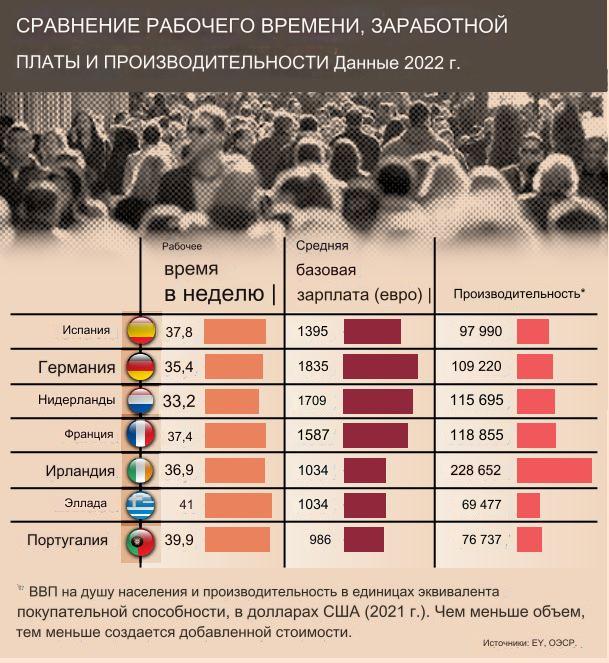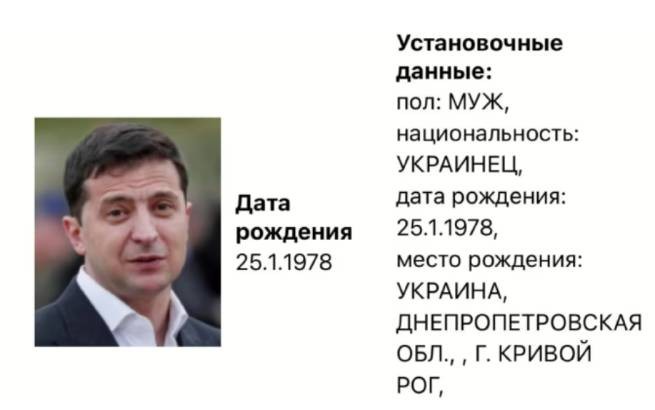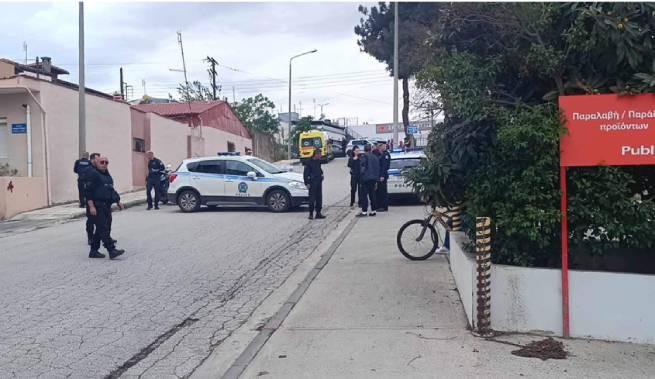It is a myth that Greeks work less than other Europeans. In fact, Greek workers not only work more, but also do it for less money.
In the European Union, workers aged 20 to 64 worked an average of 37.5 hours per week in 2022. Average regular working hours per week vary depending on the longest working week in Greece (41 hours).
Poland is in second place (40.4 hours), Romania and Bulgaria are in third with 40.2 hours per week. In contrast, the Netherlands had the shortest average work week (33.2 hours), followed by Germany (35.3 hours) and Denmark (35.4 hours).
One would expect that this the difference in working hours would result in higher wages for those who work longer, but this is not the case.
For example, in Greece the average basic salary, according to Eurostat, in July last year was 1,034 euros, in the Netherlands – 1,709 euros, in Germany – 1,835 euros, in Spain – 1,395 euros and in Poland – 1,249 euros.

However, when we compare wages, working hours and measure productivity in per capita purchasing power equivalent units, the OAA total puts our country in last place, just above Chile and Costa Rica and one place below Hungary. In contrast, countries with the highest wages and the fewest hours worked are at the top of productivity. In this case, Ireland is in the lead.
According to the Adecco report, More than half of Greek workers believe their pay is disproportionate to the work they do, and only 44% of respondents in Greece believe they are paid fairly.
The idea of low wages for Greek workers is supported by data from Statista, which shows that in 2022 the average annual wage in Greece was €24,067, while in Iceland it reached €73,642. In Luxembourg it was 72,529 euros, in Switzerland 67,605 euros, in Hungary 26,376 euros, in Portugal 29,540 euros, in the Czech Republic 30,967 euros and in Slovakia 24,337 euros.
A similar picture is captured by OECD data, which places Greece in 34th place among 35 countries when comparing average salaries. At the same time, according to the latest survey conducted GSEE and the Labor Institute in October last year, it was found that 65% of workers say they have not received a pay rise, 25% say they work longer hours and, of those, 48% say they are not paid for overtime. Also, 52% of employees believe that they will not receive any increase in salary, even after the decision to “unfreeze three years of service.”







More Stories
Study: How Angry Emotions Can Harm Blood Vessels
The Holy Fire will arrive at Athens airport at 19:00
Be careful: no one is safe from a black widow bite (video)